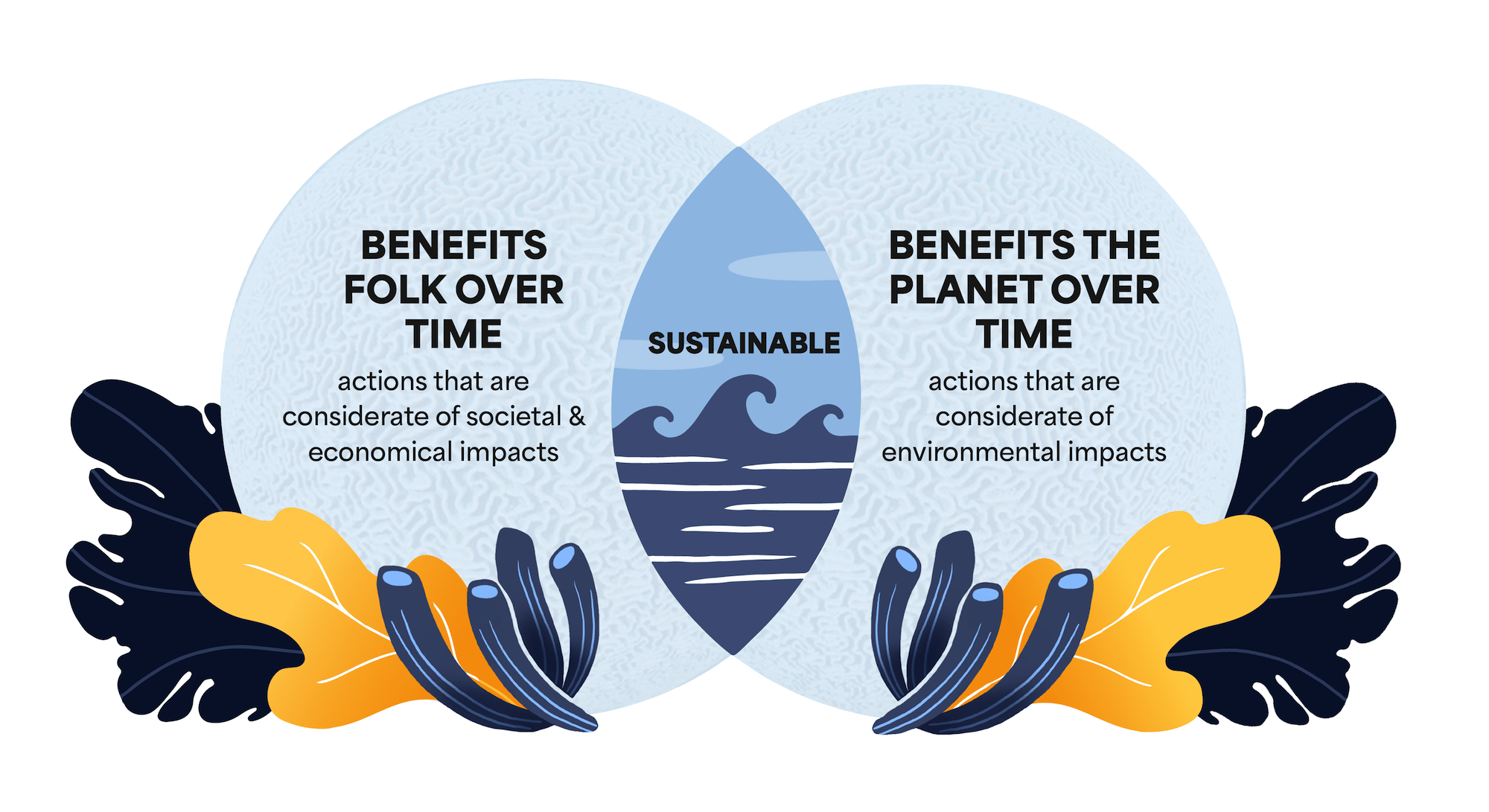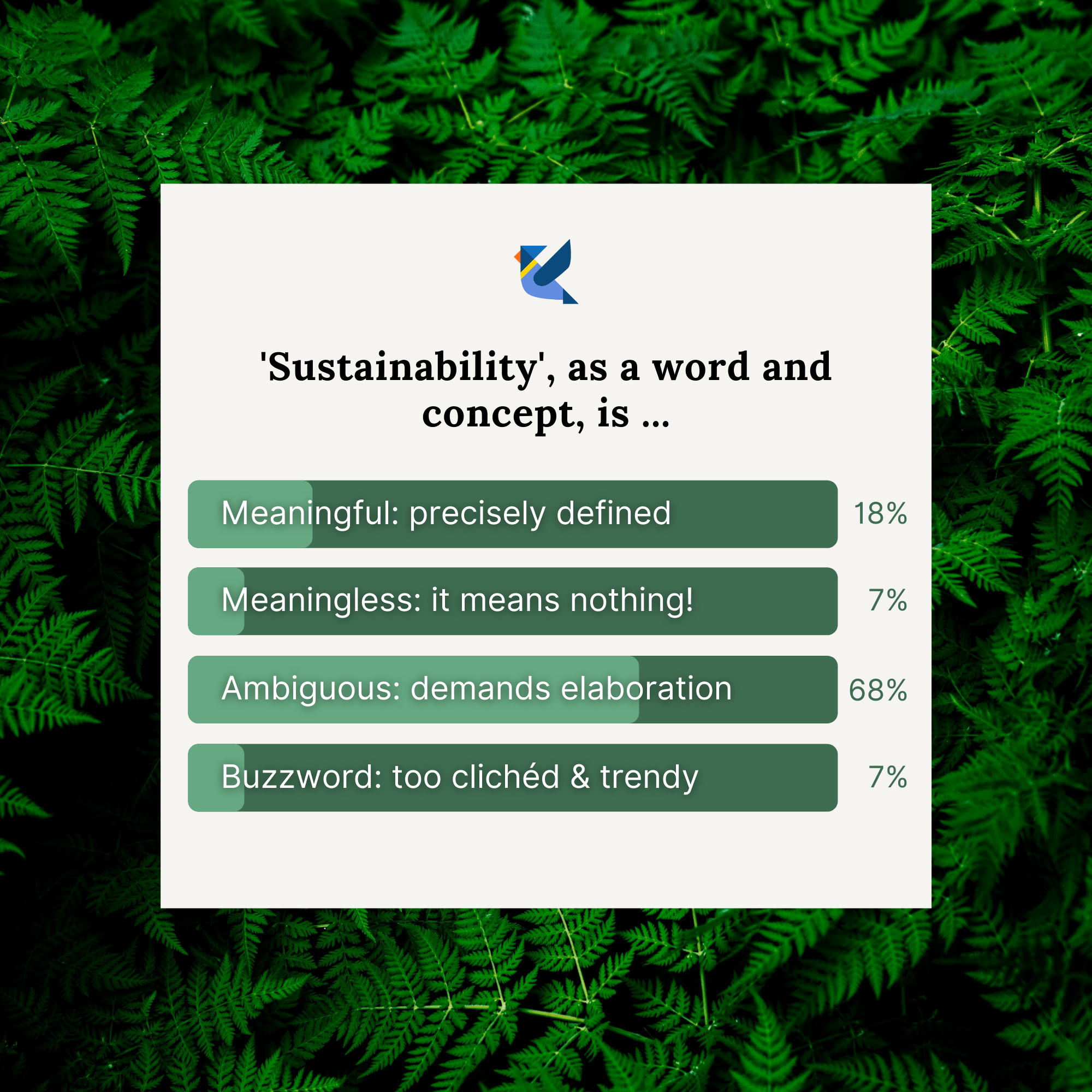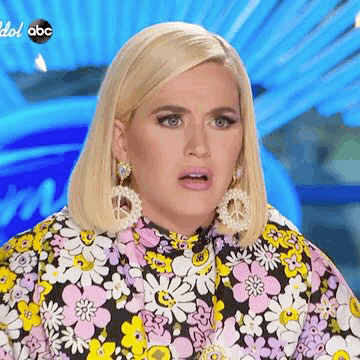Nowadays, sustainability has become an ornament of sorts, especially as the term takes centre stage in the political sphere. We can’t blame people for having healthy scepticism towards this movement when the term is often thrown about half-heartedly to fit the narrative of the times.
With no universal definition, people tend to use the s-word to back-up their big ideas or goals. While it’s admirable to make long-term sustainable pledges (because let’s face it, becoming sustainable doesn’t happen overnight), they often turn into empty promises for short-term praise. It’s like pledging to phase out excessive alcohol consumption by 2050 as an impressive plan to improve your health.
We can’t be sure that everything is as good for the earth as it claims to be, but we can try and become wiser to the issues.
So in light of the bewilderment.
What does ‘sustainability’ mean?
Way back in the year 2000, Sara Parkins demonstrated that over 200 definitions for ‘sustainable’ existed, and that’s before sustainability went stratospheric.
Today, sustainability broadly refers to the ability to maintain something continuously over time. Or as the Oxford English Dictionary defines the word: “to be capable of enduring”.
An often quoted and synonymous definition is that sustainability serves to “meet the needs of the present without compromising the ability of future generations to meet their own needs.” I would say a no-frills sustainability meaning would be ‘doing the right thing’. But then big ideas often come with frills.
In the business world, it’s becoming increasingly clear that when a balance between the three pillars of sustainability – environmental, economic, and social – occurs, only then can so-called sustainability exist. This is a way to sharpen the definition of sustainability in itself.
Here’s a handy Zenn diagram that communicates that last idea (and some of the others) visually. Although for simplicity’s sake we have taken the liberty of collapsing ‘economic’ and ‘social’ into plain-old ‘folk’.
Lastly, a definition that nails it and gives us a guffaw at the same time goes to Prof. Chris Spray who said, “sustainable development is like teenage sex — everybody claims they are doing it but most people aren’t, and those that are, are doing it very badly.”
Meaning vs. ambiguity
So, those are some definitions but what do folk think about the word alone? Well on that, Akepa ran a poll on how people perceive the word ‘sustainability’. The majority of respondents felt it’s not meaningless, nor a buzzword, but an ambiguous term that needs to be qualified to communicate more meaning.
That’s fair enough. So maybe the word can carry more weight if it’s just explained a little and put in context. Yet, it often isn’t. It’s just left hanging at ‘sustainability’.
‘Sustainability’ as a problematic word
Some people think it’s enough to slap sustainable-sounding copy onto packaging and call it a day. And it works. That’s why vague and inauthentic eco-sounding language sways the buying decisions of a wide range of people from all walks of life.
But even for an informed person, it can be hard to absorb the superabundance of sustainable claims. Especially considering the complexity of ESG, which covers everything from environmental and human rights issues to nutrition and governance. Companies can’t assume people are knowledgeable enough to fully understand it all. Even if they are being authentic with their messages.
Trying to understand brands’ sustainability claims and see past greenwashing has us like…
Sustainability is also about change, not words
While we can reach for a neat definition, I believe true sustainability is about a profound transformation and not a token soundbite. We’ve reached a critical point where people and brands would be wise to change and even rediscover ways in partnership with nature — rather than apart from it, much less above it.
I’m not talking about an urge to live in a forest with wolves, eat berries all day, and dance barefoot around fires. Or as Christopher McCandless said, “No longer to be poisoned by civilization he flees and walks alone upon the land to become lost in the wild.” Although right now, this way of life seems kind of appealing in a society at war with itself.
No, the solution is not to discard civilization.
Sustainability is a conscious decision to live in harmony with everyone and everything else. It requires a mature culture that addresses the debacle of selfish profiteering.
To begin with, people and companies must accept that all human activity has ramifications that go beyond the current sustainability indicators. Everyone needs to take responsibility for resource and energy consumption, economic and social health, and the biosphere’s vitality.
Either that or people might as well book that one-way ticket to Mars.
So really, the only solution is to love the only barely hospitable planet (that we know) a little more. And that includes deep consideration and compassion towards individuals – especially those marginalised in the climate crisis – as well as moving towards a responsible economic system.
If you need some support from a sustainable marketing agency to build a more sustainability strategy for your brand, get in touch with Akepa.






Leave a Reply